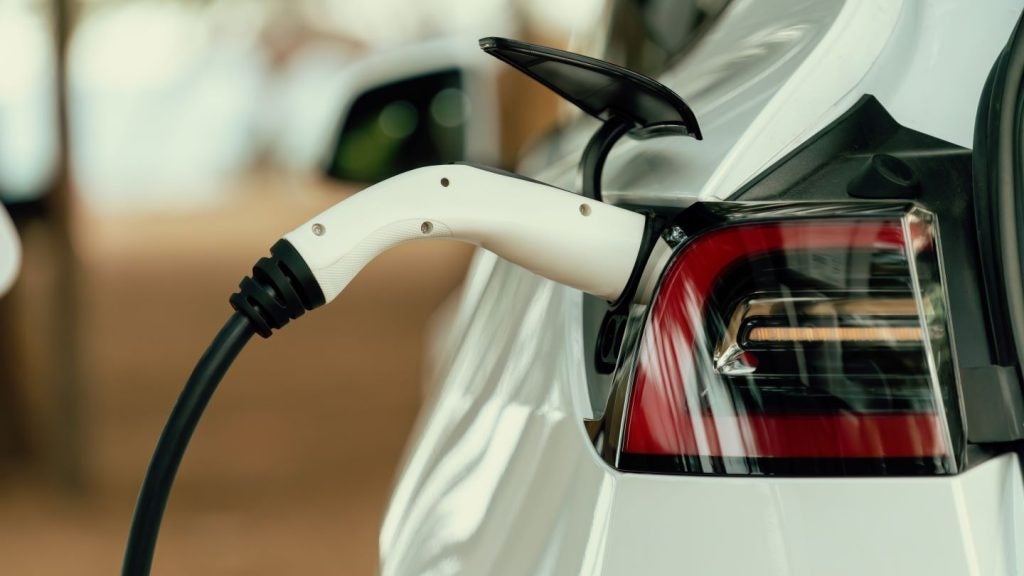The fast-changing nature of the automotive world means that if auction houses take their eye off the ball, they may struggle to keep up. But with increased focus on digital platforms and the convenience they offer, the advance of technology has never been more important for remarketers, believes Roger Evans, sales and marketing director at G3 Remarketing.
The 4.2% decline in new car registrations this year, coupled with the introduction of the WLTP – a laboratory test to measure fuel consumption and CO2 emissions – means nearly-new used vehicles are hot news in the motor industry.
The SMMT’s August 2018 statistics show that despite a small decrease of 0.4% in used car sales, the UK market remained strong throughout quarter two of this year, with over 2 million being sold.
Car auctions have played a key role in this. But why? Their part in the automotive jigsaw has always been straightforward, in that they act as an independent party between vendor and buyer.
Remarketers, therefore, have to make high-quality stock available at reasonable prices, so dealers can hit forecourt sales targets and maximise their margins.
The ability to physically touch, see and hear a vehicle means in-hall auctions have long
been the preferred method for dealers, but with increased demand for convenience and flexibility – yet no detriment to the buying experience – remarketers have had to step up to ensure online sales are equally as effective.
How well do you really know your competitors?
Access the most comprehensive Company Profiles on the market, powered by GlobalData. Save hours of research. Gain competitive edge.

Thank you!
Your download email will arrive shortly
Not ready to buy yet? Download a free sample
We are confident about the unique quality of our Company Profiles. However, we want you to make the most beneficial decision for your business, so we offer a free sample that you can download by submitting the below form
By GlobalDataThe advance of technology has proven the answer for improving dealers’ confidence in this respect.
It is now standard to display high-quality, media-rich inspection reports, for instance, as well as 360-degree internal and external video presentations, to clearly highlight the overall condition of, and any damage to, lots being sold.
For dealers, an A1 vehicle instead of a B1 is closer to sale condition on delivery, which could be the difference between a loss or profit when it comes to reselling.
Information should not end there, of course – additional extras like second keys, full service history and MOT should also be clearly outlined.
Likewise, all details and valuations provided with a vehicle should be backed up by trusted partners such as cap hpi, Autotrader, Cazana or Glass’s, adding further reassurance for dealers.
Faster tech has led to the speedier production of these inspection reports, which benefits vendors too.
Auction houses which offer a comprehensive grading process, for example, can quickly inform vendors of damage and receive near-instant decisions on potential smart repairs.
ABOVE AND BEYOND
Remarketers wishing to go above and beyond for their customers are even considering the provision of a ‘delivery straight to forecourt’ service, with smart on-site body-repair facilities giving buyers quicker access to improve the standards of purchases after sale.
In some respects, auctions are closing the loop on a lengthy supply chain, while of course improving the quality of stock available to dealers – whether they buy in person or online.
The evolution of digital sales means such auctions will only grow in popularity, so they must be accessible via desktops as well as smartphones and apps.
To be successful, these online platforms need to act as catalogues with reports and images instantly uploaded and available at least 24 hours before a sale.
Live chat functions are proving popular, as they ensure dealers have the same level of interaction that they would usually receive in-hall – with queries being answered in real time to ensure no obstacles prevent them from bidding.
The more information that can be provided with a used vehicle, the more confidence a dealer will have in its overall quality, and consequently the greater their ability to make a judgement on how much profit can be made.
So, has technology allowed dealers to feel confident about the quality of vehicles? Yes. Dealers should now be able to trust that any car they buy will be delivered exactly in line with the content of the description and damage report they have digested – even if imperfections are present.
All these little details can then be pulled together to make an informed decision on what each vehicle could be sold for, and what margins are attainable.
Technology is constantly moving forwards, and by 2019 there will undoubtedly be wider advancements that auctions need to consider to empower dealers in their decision-making.
But for now, with fewer part-exchanges entering the market, remarketers need to focus on the fact that used car values may rocket. This will bring a wealth of opportunities, if auctions know how to harness them.








